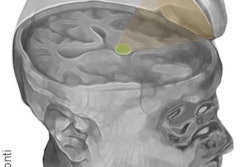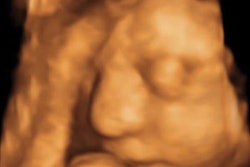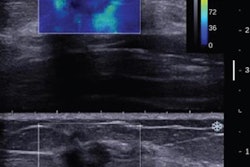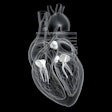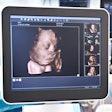Dear Ultrasound Insider,
Thrombocytopenia, or a blood platelet deficiency, is a common but not well-understood complication of cirrhosis. After using ultrasound elastography to assess spleen stiffness in a prospective study of nearly 70 patients, a research team from Taiwan has concluded that the progression of thrombocytopenia in these patients is directly determined by pathophysiologic changes in the spleen.
Liver stiffness measures did not correlate with the degree of thrombocytopenia, however. The group shared the findings in the September issue of the Journal of Ultrasound in Medicine, and our coverage is the subject of this edition's Insider Exclusive, available to you before our other members can access it.
Also, Judith Buckland of consulting firm CardioServ has contributed a new column in her ongoing series on the latest quality improvement requirements from the Intersocietal Accreditation Commission. In part 4, she offers tips on how to tackle the report completeness measure.
In other news, researchers from the University of California, Los Angeles reported that they successfully used ultrasound to essentially jump-start a patient's brain as he recovered from a coma. How did they achieve this feat? Click here to learn more.
In a special report published online last week in Radiology, a multinational team of researchers detailed the spectrum of findings on imaging exams in babies and fetuses infected with the devastating Zika virus. Editor-in-Chief Brian Casey has our coverage, which you can access by clicking here.
A Chinese research team has found that shear-wave elastography measurements of tumor stiffness can predict early on if breast cancer patients won't respond to neoadjuvant chemotherapy. Get the details by clicking here.
Point-of-care ultrasound studies are often not stored on PACS, as emergency physicians typically print out hard copies on thermal printers or store digital images to a local hard drive. A simple initiative can get emergency physicians to use PACS more often, however, leading to a host of clinical and workflow benefits, according to a team from Denver Health Medical Center. Find out how they did it here.
Femoral ultrasound can predict the risk of cardiovascular disease in many asymptomatic patients who would be overlooked if they only received carotid ultrasound, Italian researchers recently reported. Learn more by clicking here.
Conducting surveillance imaging in patients who have received thyroid cancer treatment may help identify cancer recurrence, but that doesn't mean the scans will affect patient survival, according to a team from the University of Michigan Comprehensive Cancer Center. After conducting a large retrospective analysis of Medicare data, the group concluded that imaging -- with the notable exception of radioiodine scans -- did not yield a statistically significant change in thyroid cancer death rates. Click here for our coverage.
Is there a topic you'd like to see covered in your Ultrasound Community? As always, please feel free to drop me a line.





